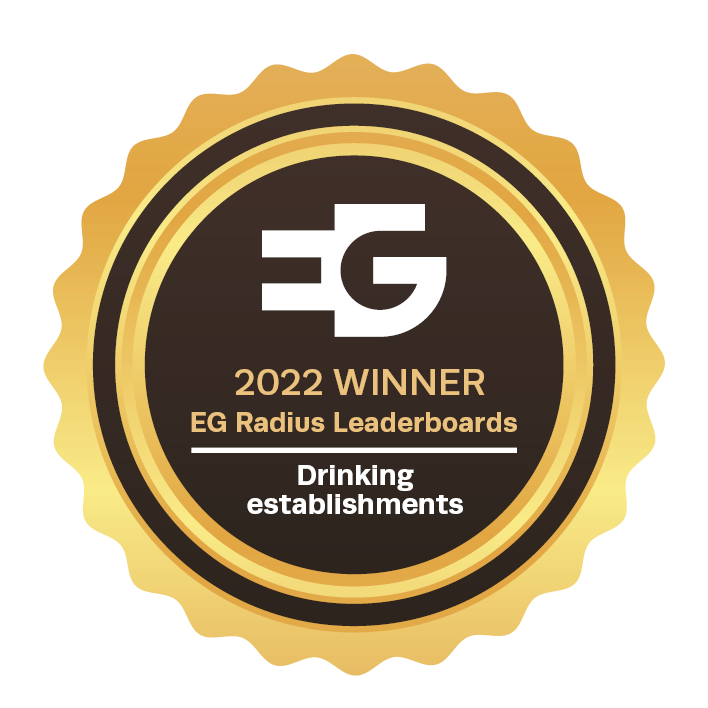







01/12/2011
Click here to open the pdf directly.
UK Fitness market remains robust despite weakening economic trend
According to the 2011 FIA State of the UK Fitness Industry report, the UK Health and Fitness market bucked the national trend of economic difficulty. The report stated that 149 new facilities opened across the UK in the 12 month period ending 31st March 2011, with approaching 6,000 facilities now operating within the UK. Membership numbers fell very slightly by 0.3% to 7.3m, although membership levels remain 2% above the 2008 level. 12% of the UK population are now registered as members of a health and fitness club.
Whilst the sector as a whole has remained robust against a weakening economic outlook, following the steady stream of large-scale transactions in the period up to 2007, driven by the availability of debt, transactions within the Health & Fitness market of any note largely evaporated. 2006/2007 witnessed a spate of deals most notably;
Esporta (£480m)
Next Generation to London & Regional (£198.5m)
David Lloyd Leisure to London & Regional (£925m)
Cannons to Nuffield Healthcare (£170m)
Living Well to Bannatyne Fitness (£90m).
In the period from 2007 to spring 2011 the market witnessed a period of consolidation, with many companies seeking to nurse their wounds from excessive debt. The collapse of Esporta into Administration in 2007, less than 12 months after it was purchased by Simon Halabi, illustrates the general stagnation of the sector between 2007 and 2009 as operators experienced relatively static membership and competition between operators for memberships
increased. Esporta was eventually taken over in 2009 by its lender, Societe Generale, in a debt for equity swap.
Despite the subdued transactional market and stiff competition for new memberships, the period has seen an influx of new entrants into the market in the form of low cost budget gym operators. Companies such has Energie, Pure Gym and Fit Space have emerged since 2007/8 and are growing rapidly and significantly ahead of full service clubs.
Pure Gym, currently operate 18 clubs, and have 11 further clubs in the pipeline. easyGym have also recently entered the market and currently operate 2 clubs, with more clubs likely to be added. Low cost operators typically charge monthly membership from £14.99, with no
contract or tie in period.
Virgin Active broke the silence in group transactions in April 2011 with the acquisition of the Esporta business. Virgin purchased all 55 clubs operated by Esporta for £77.6m. Esporta held 38 clubs on a short leasehold basis and owned the remaining 17 clubs freehold or long leasehold. Esporta has retained the freehold/long leasehold interests in these clubs with short leasehold interests (25 years) granted to Virgin Active at market rental levels. The average rent for these 17 clubs was agreed at £770,000 per annum. The deal therefore reflects an entirely short leasehold estate and equates to an average sale price of £1.41m per club. The investments created by the transaction were subsequently sold to British Land for £179m.
Virgin Active is now one of the largest operators in the UK. Nuffield Healthcare remains the largest operator in terms of clubs, although according to membership David Lloyd is thel argest. The growth of the low cost operator is illustrated with Pure Gym, Energie and Fit Space,
having 101 clubs between them. Their size and presence is guaranteed to grow over the next 12 months.
Other smaller transactions of note include the Management Buyout of Total Fitness, funded by Barclays Ventures the 24 club company operating in the UK and Ireland, in October 2010. The company reported 182,000 members and turnover to March 2009 of £59.4m.
The transaction price was not disclosed. Also in October 2010 Energie purchased four clubs from Nuyuu, the company financed by James Caan.
In terms of investment transactions the forward funding of David Lloyd, Exeter achieved a net initial yield of 6.75%. The sale of the Virgin Active club in Hendon, north London, a converted first generation cinema, achieved 6.39%. It has more recently been announced that the Virgin
Active club in Rayleigh, Essex, a modern purpose built club, sold at a price reflecting a net initial yield of 7.0%.
The continued economic difficulties have created the ideal environment for the growth of the budget operators. As a consequence mid market venues, which historically offer a point of
difference to premium brands may now start to feel the squeeze as 'no frills' operators begin to dominate new membership recruitment. Consolidation and disposals of secondary clubs or those located in towns with excessive supply is likely, as perhaps evidenced by the above smaller transactions involving Nuyuu and Total Fitness. Despite this tough trading environment, operators continue to report positive trading results.
Click here to open the pdf directly.